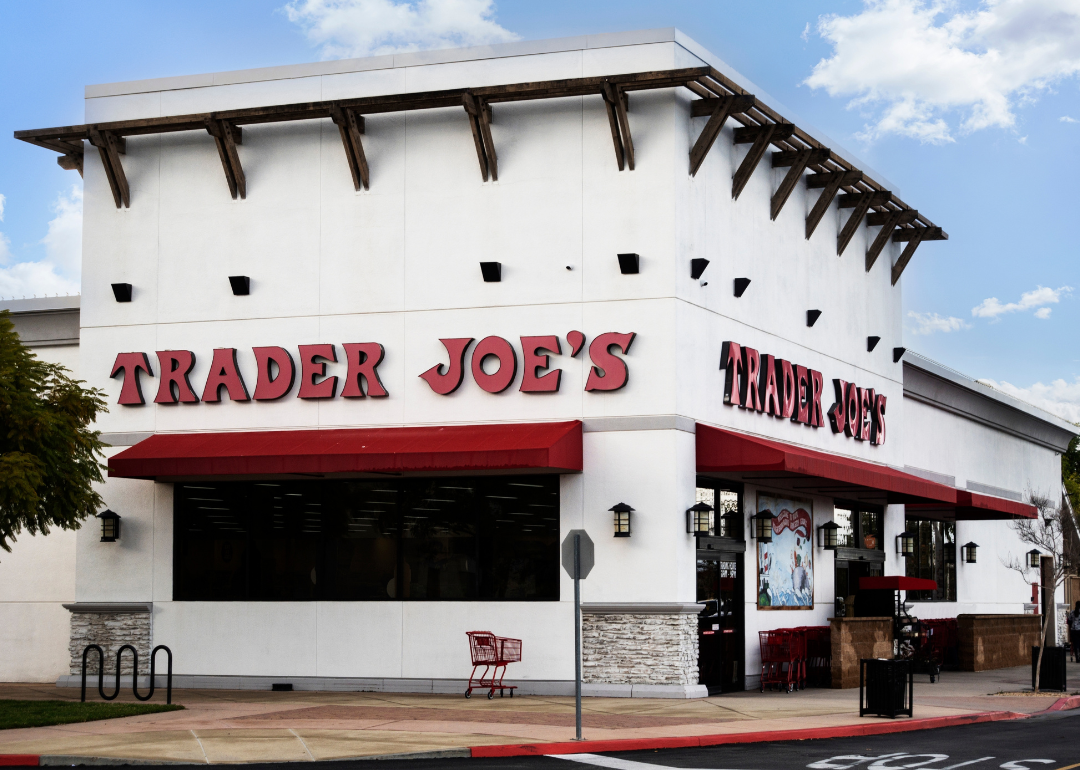
Most popular grocery stores in America
Inflation continues to creep higher across the United States, and grocery costs are no exception. According to the Economic Research Service's September 2025 Food Price Outlook from the Department of Agriculture, prices at the supermarket have gone up by 2.7% year over year. And although President Donald Trump rolled back tariffs on foodstuffs like coffee and beef in November 2025, experts warn that costs are unlikely to fall anytime soon.
Amid these lingering uncertainties, grocery shopping remains a serious business in America. According to the most recent Bureau of Labor Statistics data, released in December 2024, the average U.S. household spends $504 a month on groceries. That translated to an estimated $883.1 million in revenue at grocery stores across the U.S. in 2025.
To see where exactly folks are spending their money, Stacker ranked 19 major supermarket chains based on their 2025 customer satisfaction score, as calculated by the American Customer Satisfaction Index. Ties were broken by the percent change in score year over year. Further ties remain.
It's clear from this ranking—and from a recent survey by Drive Research, a market research company in New York—that Americans' grocery store preferences are as varied as the country's offerings. Drive Research's survey of more than 1,000 consumers across the U.S. in April 2024 found that Americans prefer mainstream grocery chains the most for their weekly shopping, followed by supercenters like Walmart, with club stores like Costco and dollar stores rounding out the top choices.
Want to know which chain is America's favorite? Read on to find out the most popular grocery store chain in the country and to see where your favorite ranks.
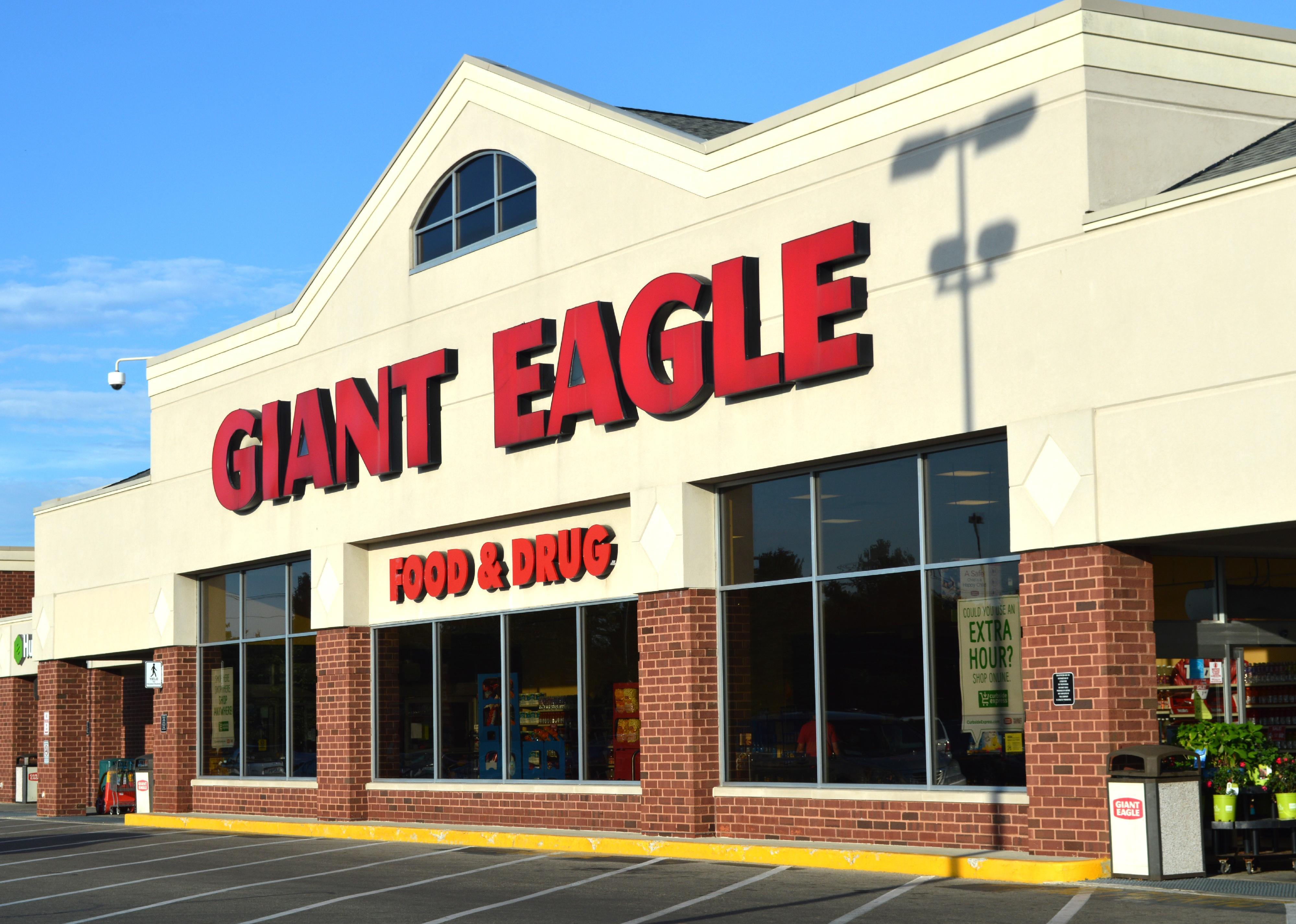
#19. Giant Eagle
- 2025 customer satisfaction score: 74
- Change from 2024: -3%
Five families started Giant Eagle in the 1930s and built a supermarket chain, which also includes OK Grocery food stores located in and around Pittsburgh. It opened Iggle Video rental locations in its stores in the 1980s and later expanded into full-service dining at its newest Market District stores.
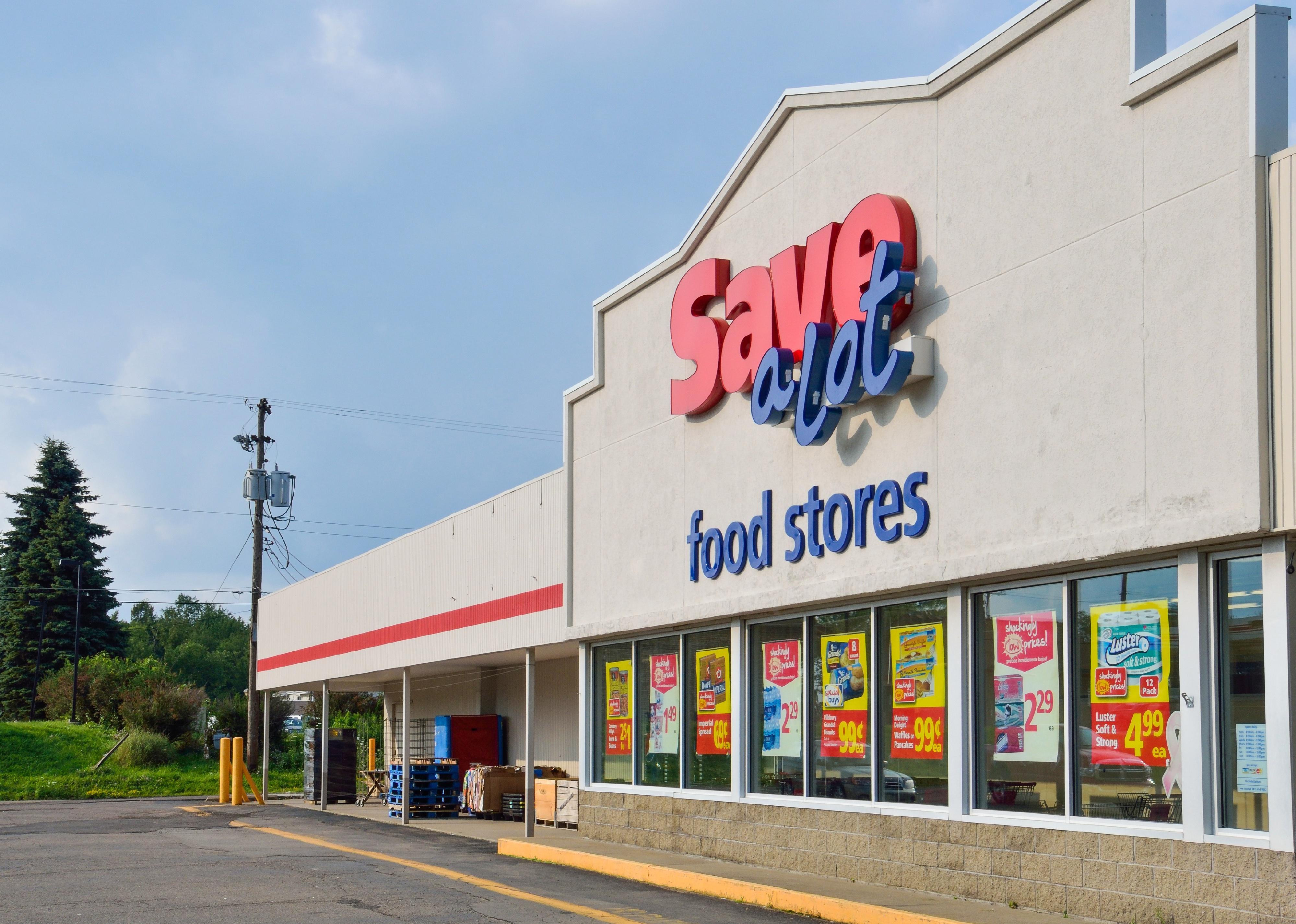
#18. Save-A-Lot
- 2025 customer satisfaction score: 75
- Change from 2024: 0%
Save-A-Lot is a franchise-style grocery chain with more than 800 stores. Its first store opened in Cahokia, Illinois, in 1977, using what is known as a "hard-discount model." A hard-discount store typically sells a small array of products in a small venue, with low staffing and often in low-income areas. The product choices are limited to the most commonly purchased goods and the store's own brands. The stores target low- and fixed-income consumers who need ready access to grocery shopping in less affluent neighborhoods.

#17. Walmart
- 2025 customer satisfaction score: 75
- Change from 2024: +1%
One of the most iconic and ubiquitous stores in America, retail giant Walmart was founded in 1962 by Sam Walton. Walton opened the first Walmart in Rogers, Arkansas, but in the decades since, the chain's footprint has expanded across the globe. More than 10,500 stores and clubs can be found in 19 different countries outside the U.S., including China, Mozambique, and Argentina.
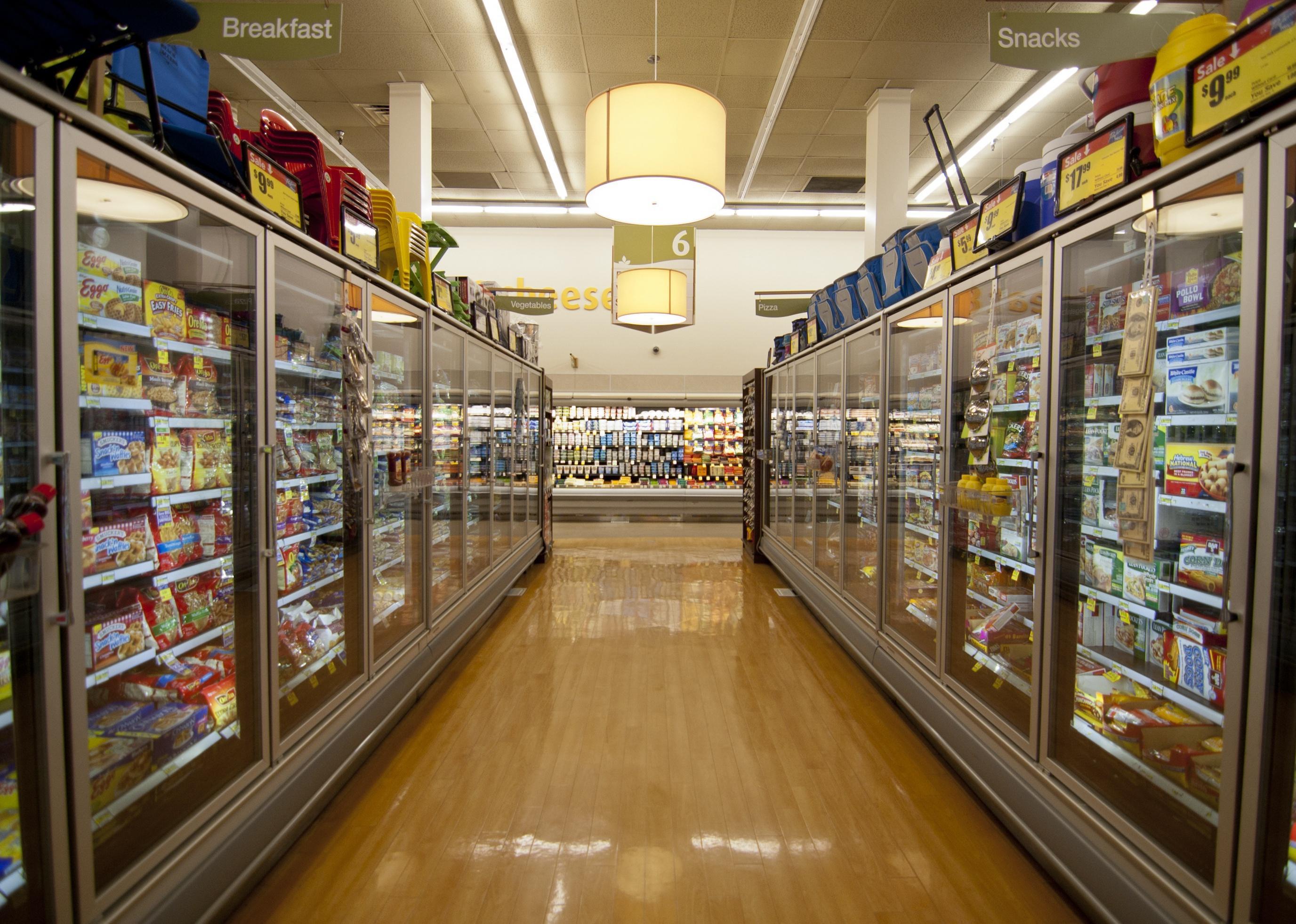
#16. Albertsons
- 2025 customer satisfaction score: 76
- Change from 2024: -3%
According to the company, Joe Albertson scraped together his savings and a loan from his wife's Aunt Bertie to open the first Albertsons store in Boise, Idaho, in 1939. The grocery giant, which went public on the New York Stock Exchange in June 2020, operates in 34 states with the store brands of Albertsons, Acme, Safeway, Jewel-Osco, Shaw's, Carrs, and more. Despite a proposed merger with Kroger falling through in late 2024, Albertsons remains a force to be reckoned with in the supermarket scene.
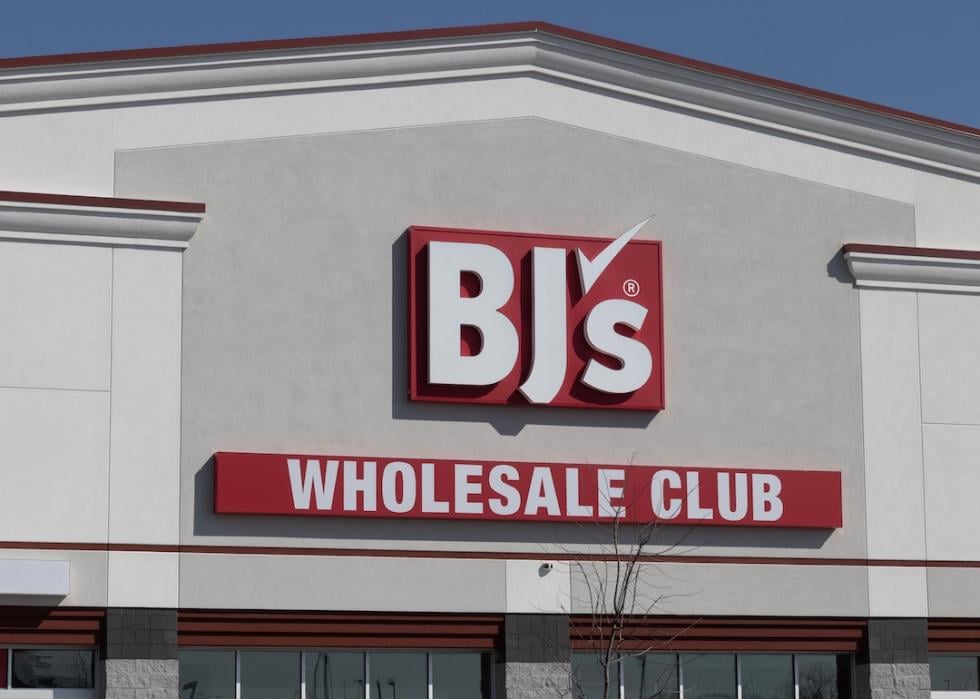
#15. BJ's Wholesale Club
- 2025 customer satisfaction score: 77
- Change from 2024: -6%
The first BJ's Wholesale Club opened its doors in Maryland in 1984, though the warehouse chain underwent several shake-ups before going independent in 1997. Despite its small footprint, with around 240 stores located primarily in the Northeastern U.S. (for context, fellow warehouse chains Costco and Sam's Club both have about 600 stores in the country), BJ's loyal following has stood the test of time. The company also claims to sell products at 25% lower prices than traditional grocery stores.
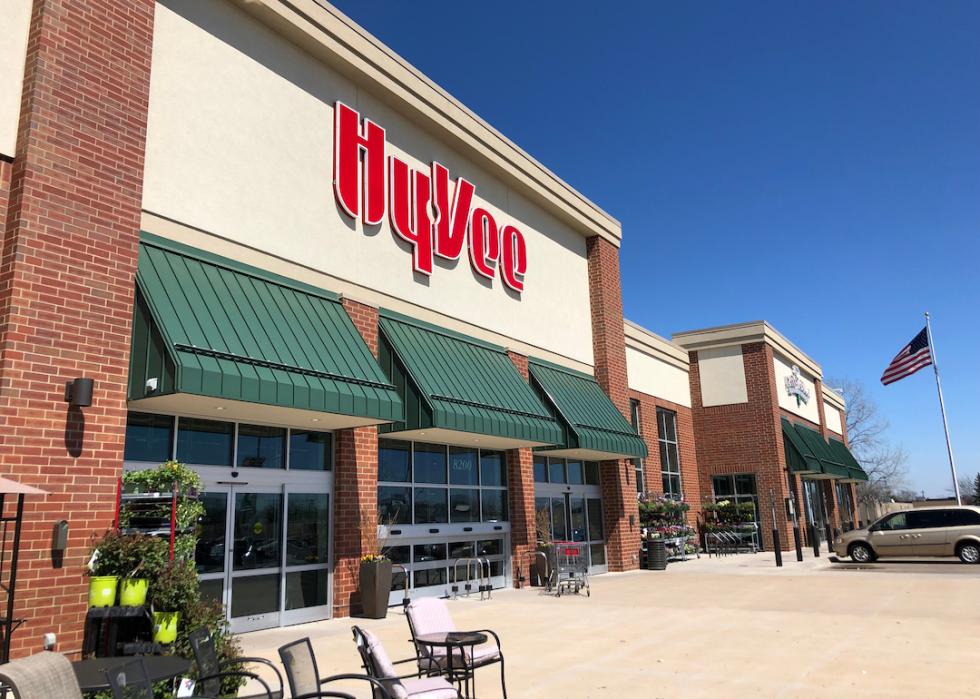
#14. Hy-Vee
- 2025 customer satisfaction score: 78
- Change from 2024: 0%
First opened in Beaconsfield, Iowa in 1930, this employee-owned supermarket chain can be found across nine Midwest states, including Nebraska, Kansas, and Missouri. Hy-Vee often works with nearby growers to provide locally sourced produce to customers under their Hy-Vee Homegrown commitment. Now some 570-business-units strong, Hy-Vee has plans for further expansions into the Southeast.
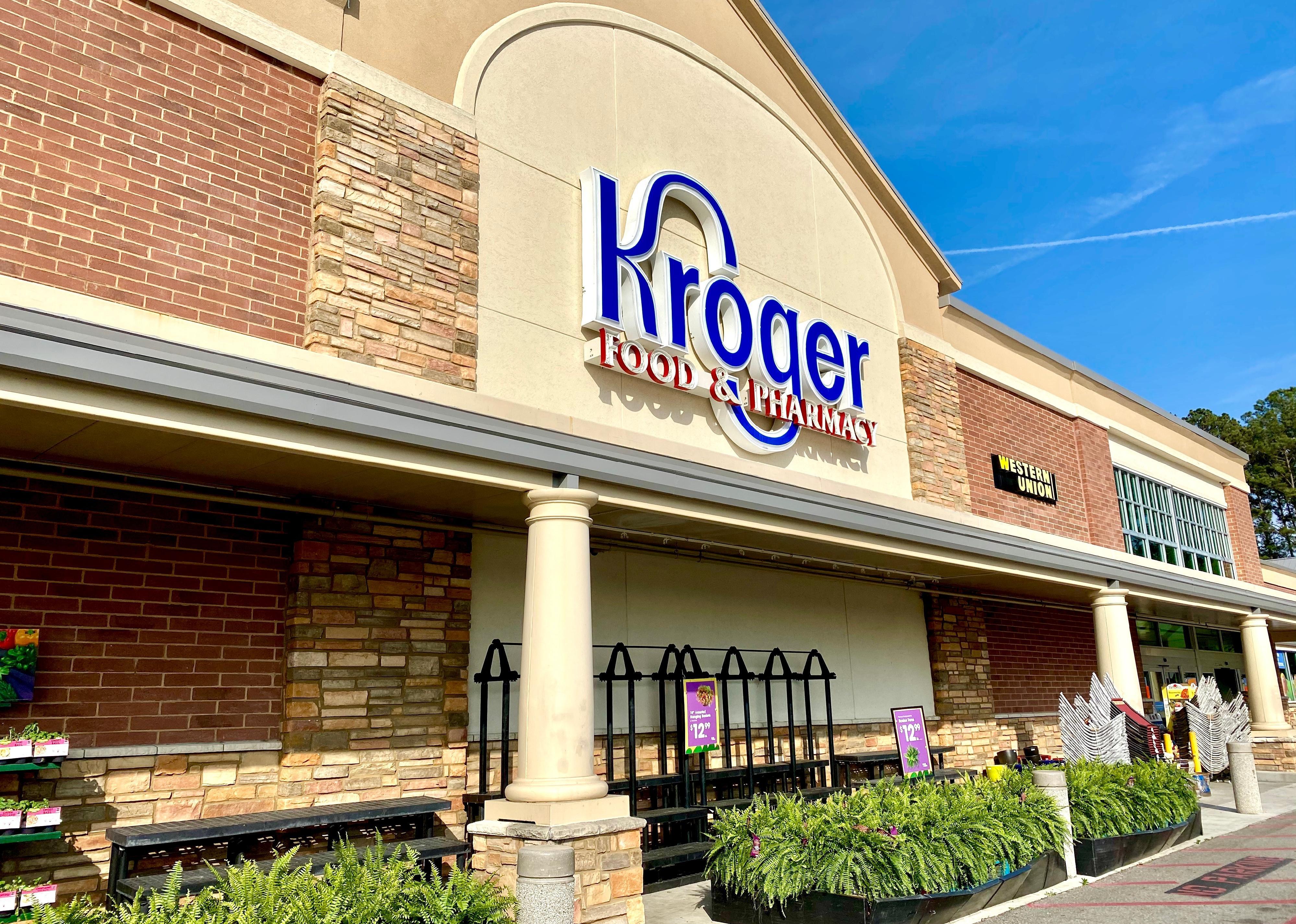
#13. Kroger (tie)
- 2025 customer satisfaction score: 78
- Change from 2024: +1%
With annual sales of more than $121 billion and almost 2,800 stores, Kroger is a retail grocery giant. The first Kroger store, which opened in 1883 in Cincinnati, pioneered baking its own bread and making some of its own products. In the 1970s, the grocery retailer pioneered using electronic scanners.

#13. Ahold Delhaize (tie)
- 2025 customer satisfaction score: 78
- Change from 2024: +1%
American customers might not recognize the Ahold Delhaize name immediately, but will likely be familiar with some of its 16 local brands, which include Food Lion, Hannaford, and Giant. Founded by the Delhaize brothers in 1867, this Dutch-Belgian retail conglomerate operates in nine countries around the world, with a commitment to supplying healthy and sustainable groceries for consumers. Ahold Delhaize runs environmentally focused initiatives to reduce food waste, lower the company's carbon emissions, and offer greater transparency in its product supply chains.
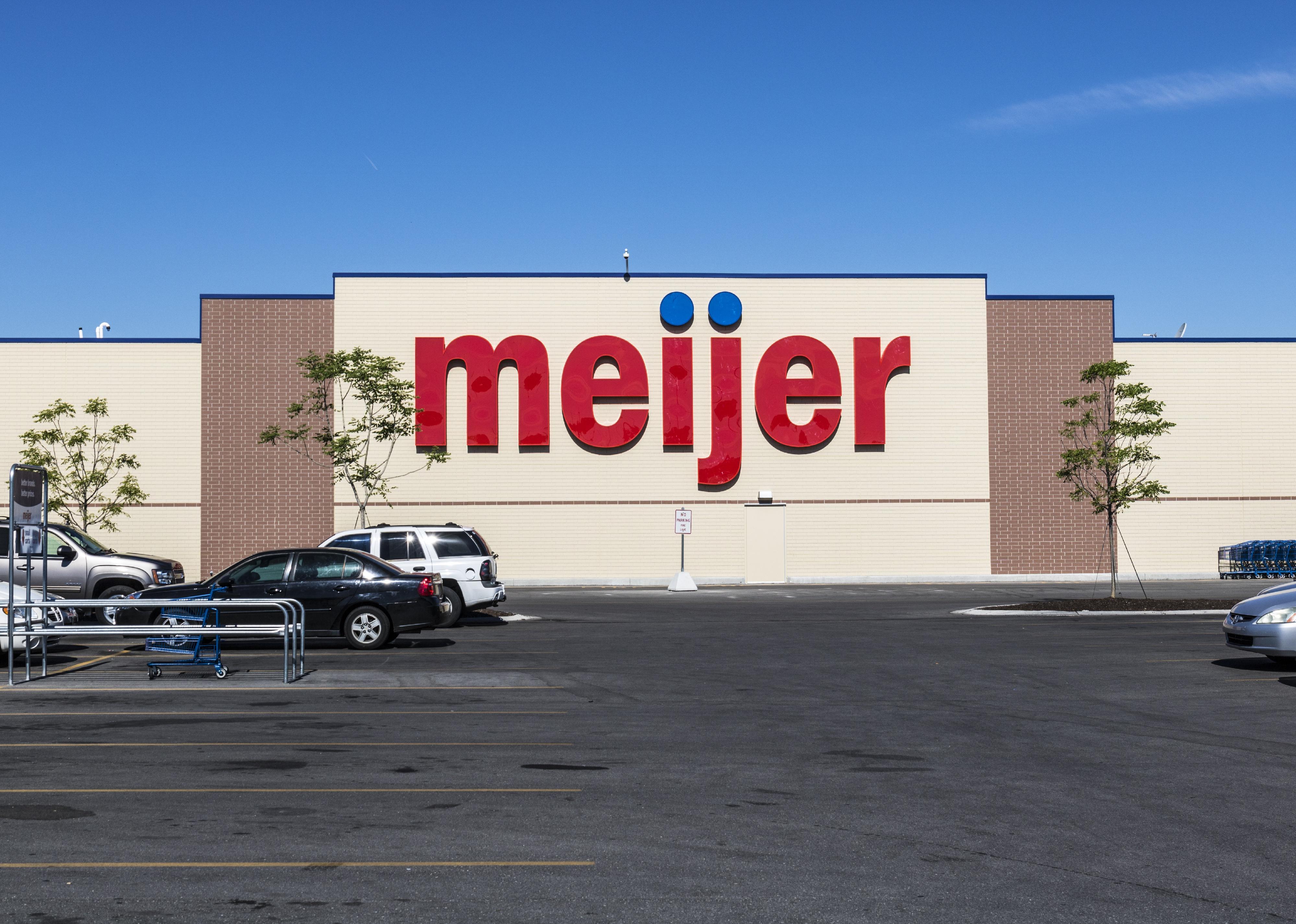
#11. Meijer
- 2025 customer satisfaction score: 79
- Change from 2024: -1%
Meijer is family owned and has more than 200 stores in Michigan, Wisconsin, Ohio, Illinois, Indiana, and Kentucky. In the 1960s, it developed the concept of supercenter stores carrying not only groceries but auto supplies, clothing, home goods, and banking services.

#10. Target
- 2025 customer satisfaction score: 80
- Change from 2024: -2%
The subject of countless internet memes about compulsive shopping, Target launched in Minneapolis in 1962 with groceries as well as an array of department store-esque merchandise that included jewelry, clothing, and shoes. Instantly recognizable by its iconic red bulls-eye logo (and adorable doggy mascot), Target has maintained a leading position in America's grocery market despite years of high-profile competition with Walmart, which opened in the same year. The company also runs the Target Foundation, a campaign to give back to the communities surrounding Target stores.
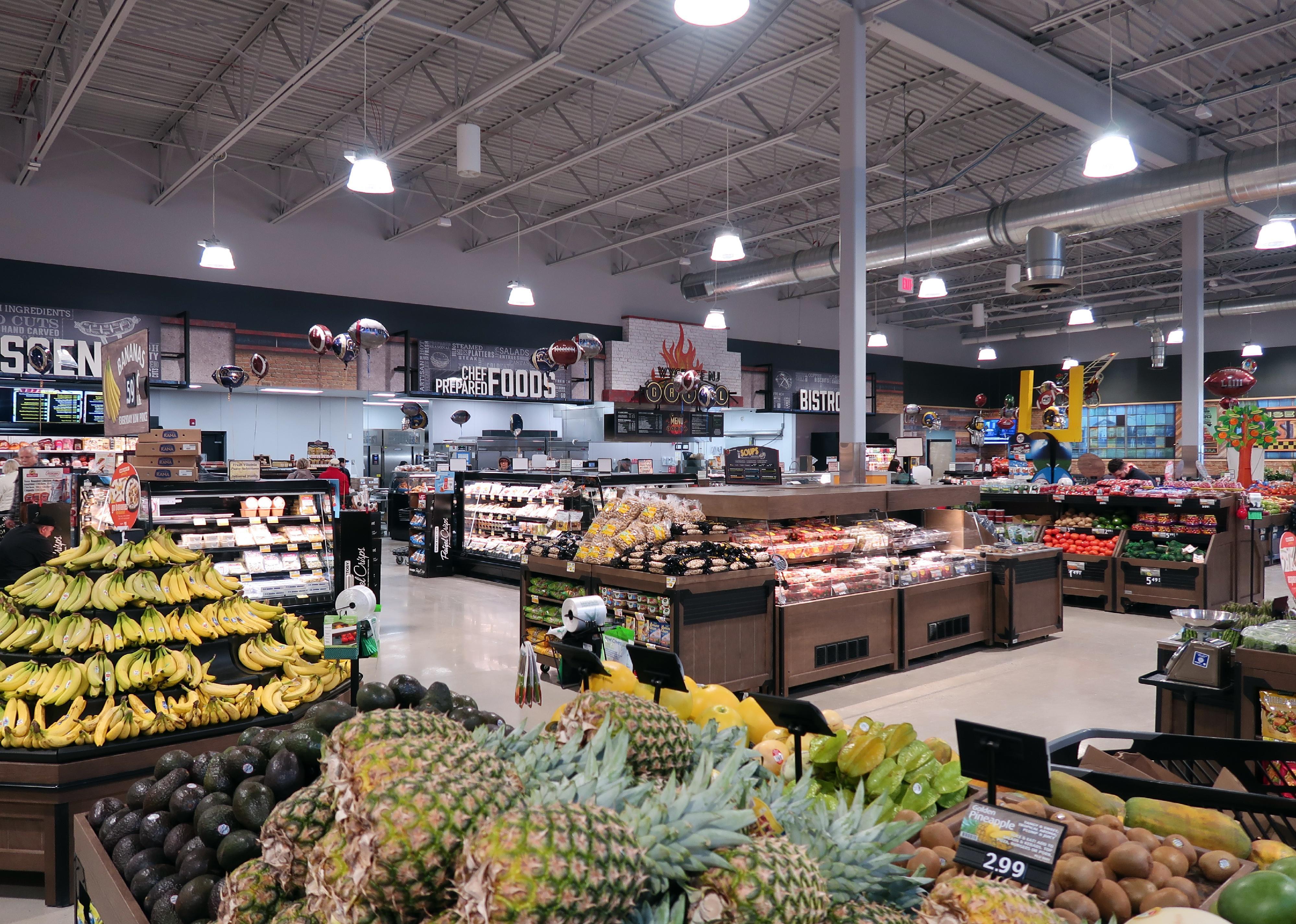
#9. ShopRite
- 2025 customer satisfaction score: 80
- Change from 2024: 0%
ShopRite is a retailer-owned cooperative of stores in New Jersey, New York, Pennsylvania, Connecticut, Delaware, and Maryland. The cooperative, Wakefern Food Corp., dates back to 1946, when a group of grocers organized to buy products collectively in large quantities to get better prices. Today, Wakefern, consisting of 45 grocers that run about 365 supermarkets in the region, is the nation's largest retailer-owned cooperative.

#8. Costco
- 2025 customer satisfaction score: 81
- Change from 2024: -5%
Though it may be difficult to imagine now, Costco opened in 1976 to initially serve only small businesses. Less than 10 years later, the first Costco warehouse opened to non-business members in Seattle, and the rest is history. This globally beloved chain has raked in sales of more than $64 billion in recent years, according to the company, and can be shopped at everywhere from Japan to Spain. Like Sam's Club, most Costco locations also have self-service gas stations that account for a substantial chunk of the company's profits.
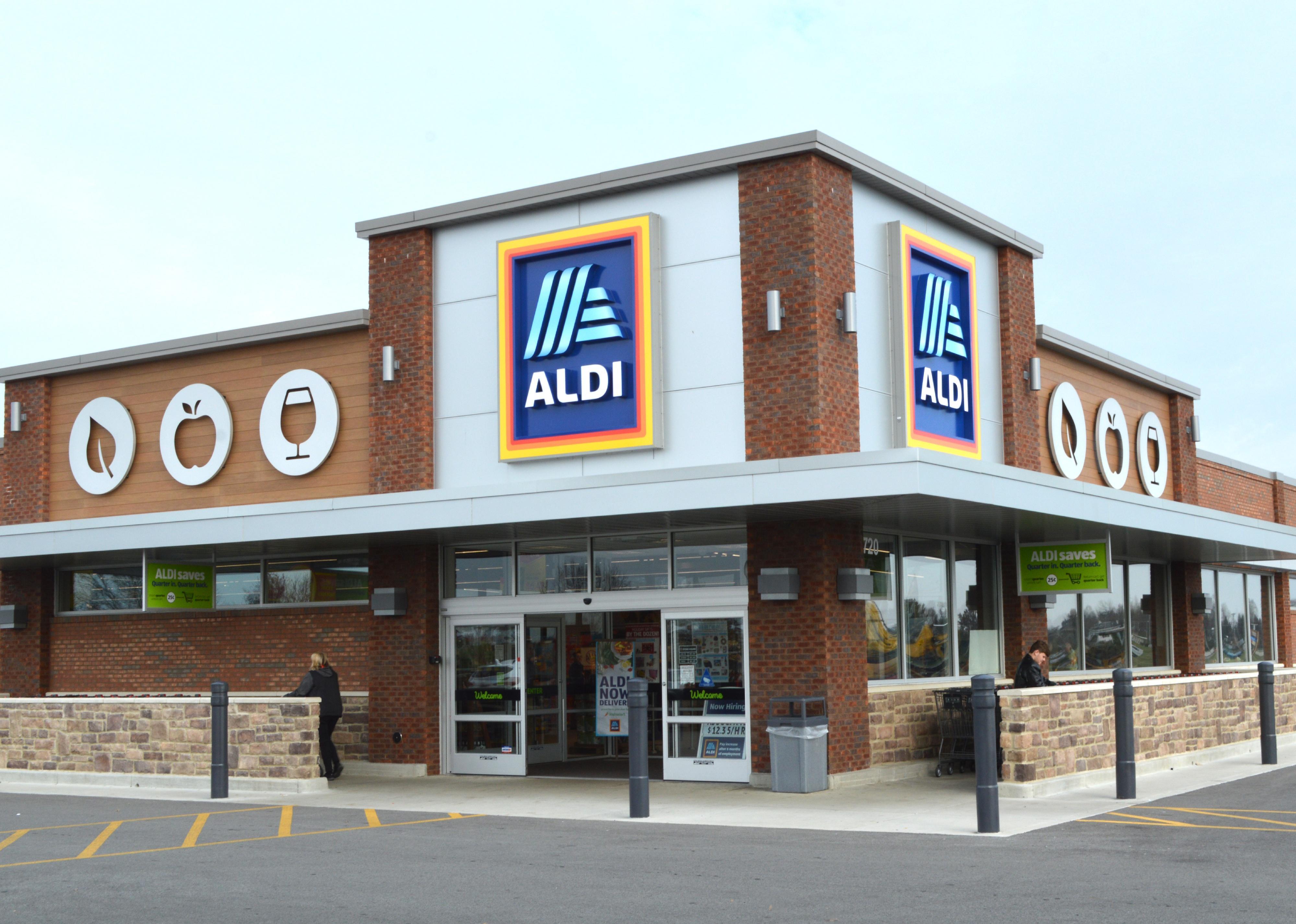
#7. Aldi
- 2025 customer satisfaction score: 81
- Change from 2024: 0%
There are roughly 2,500 Aldi stores spread out across 40 U.S. states, and plans are underway to open 225 more locations in 2025. Nearly all—more than 90%—of the products they sell are Aldi brands, a system that is designed to lower prices with its lower procurement costs. Aldi charges a 25-cent deposit for use of its grocery carts so customers will return them to the cart corral.
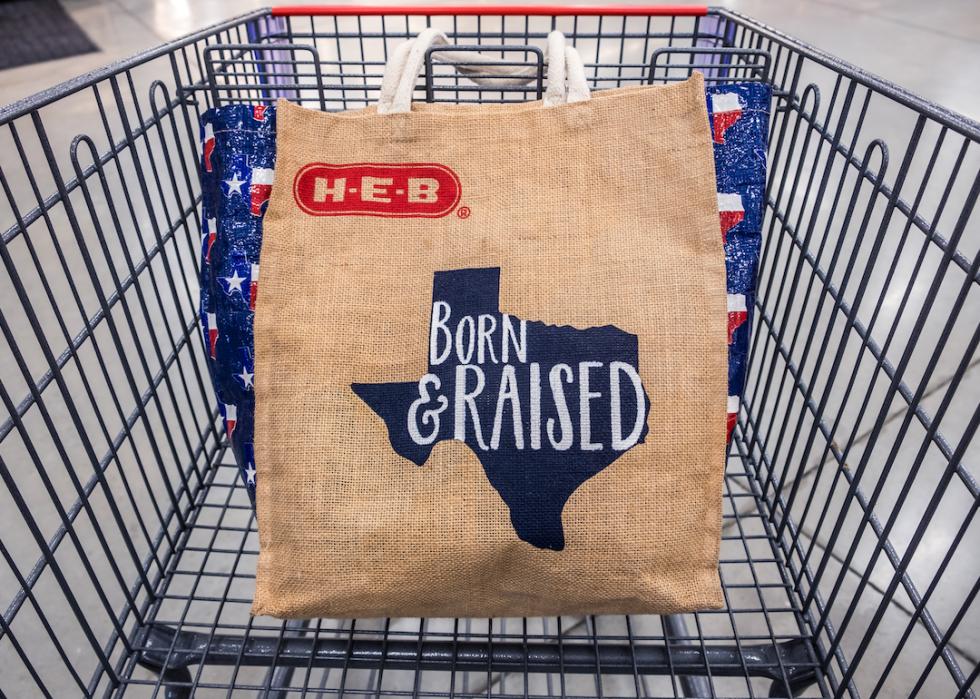
#6. H-E-B (tie)
- 2025 customer satisfaction score: 82
- Change from 2024: -4%
Florence Butt opened the first C.C. Butt store in 1905 in Kerrville, Texas, and her son Howard E. Butt opened a second store in 1926. The first store under the name H-E-B opened in San Antonio in 1942. In the 1950s, the company expanded into supermarkets, consolidating butchers, fish markets, bakeries, and pharmacies into its stores, and in 1997, it expanded into northern Mexico, with its first store in Monterrey.
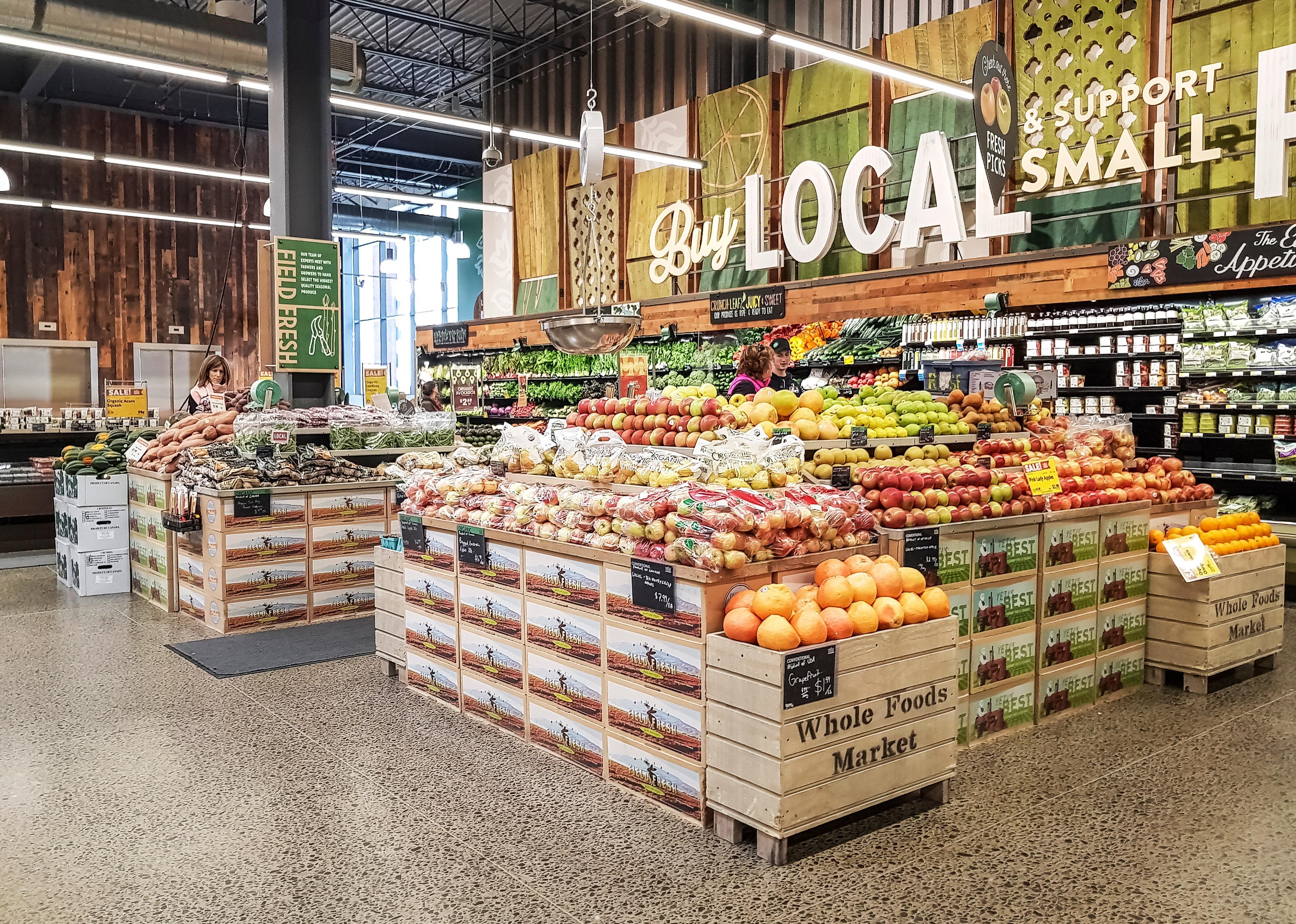
#5. Whole Foods Market
- 2025 customer satisfaction score: 82
- Change from 2024: +0%
The first Whole Foods Market opened in Austin, Texas, in 1980. Now, 40 years later, it has more than 500 stores specializing in natural and organic products. In 2017, Amazon bought Whole Foods in a $13.7 billion cash deal. Under Amazon's ownership, some prices dropped, but research in 2019 found Whole Foods had the highest grocery chain prices in eight U.S. metropolitan areas.
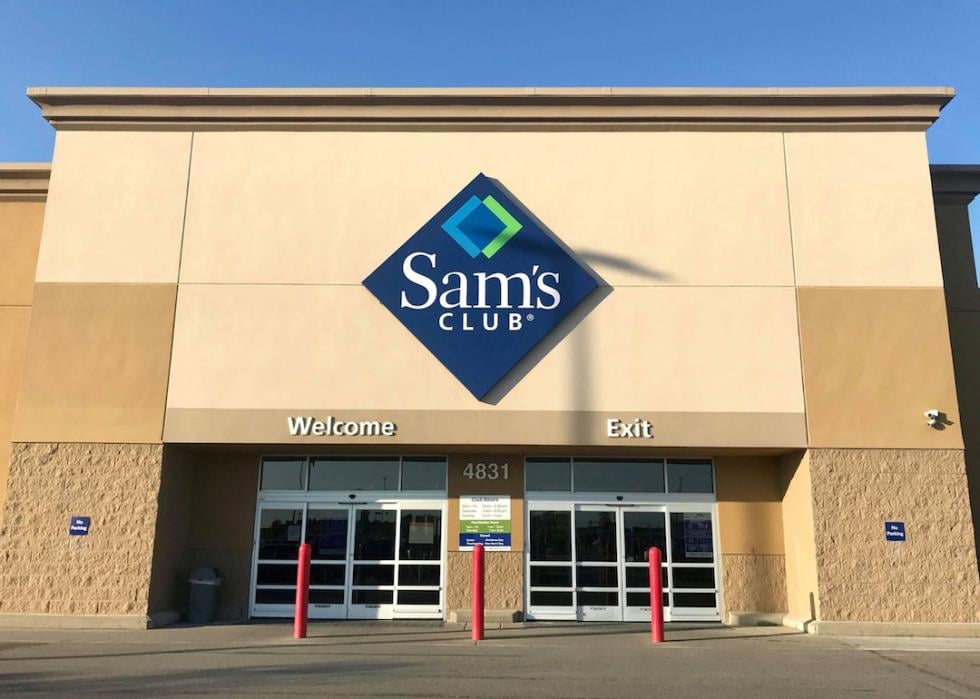
#4. Sam's Club
- 2025 customer satisfaction score: 83
- Change from 2024: 0%
Walmart founder Sam Walton opened the first Sam's Club in 1983 with a goal of providing customer savings by selling products at wholesale prices. Considering that Sam's Club's paid membership base now numbers in the tens of millions according to the most recent data available, those savings have enticed numerous shoppers around the world. Unlike other grocery stores, Sam's Club tailors its product offerings to local customer preferences rather than stocking every possible item. Low-price gas stations have also brought in the bacon for the warehouse chain.
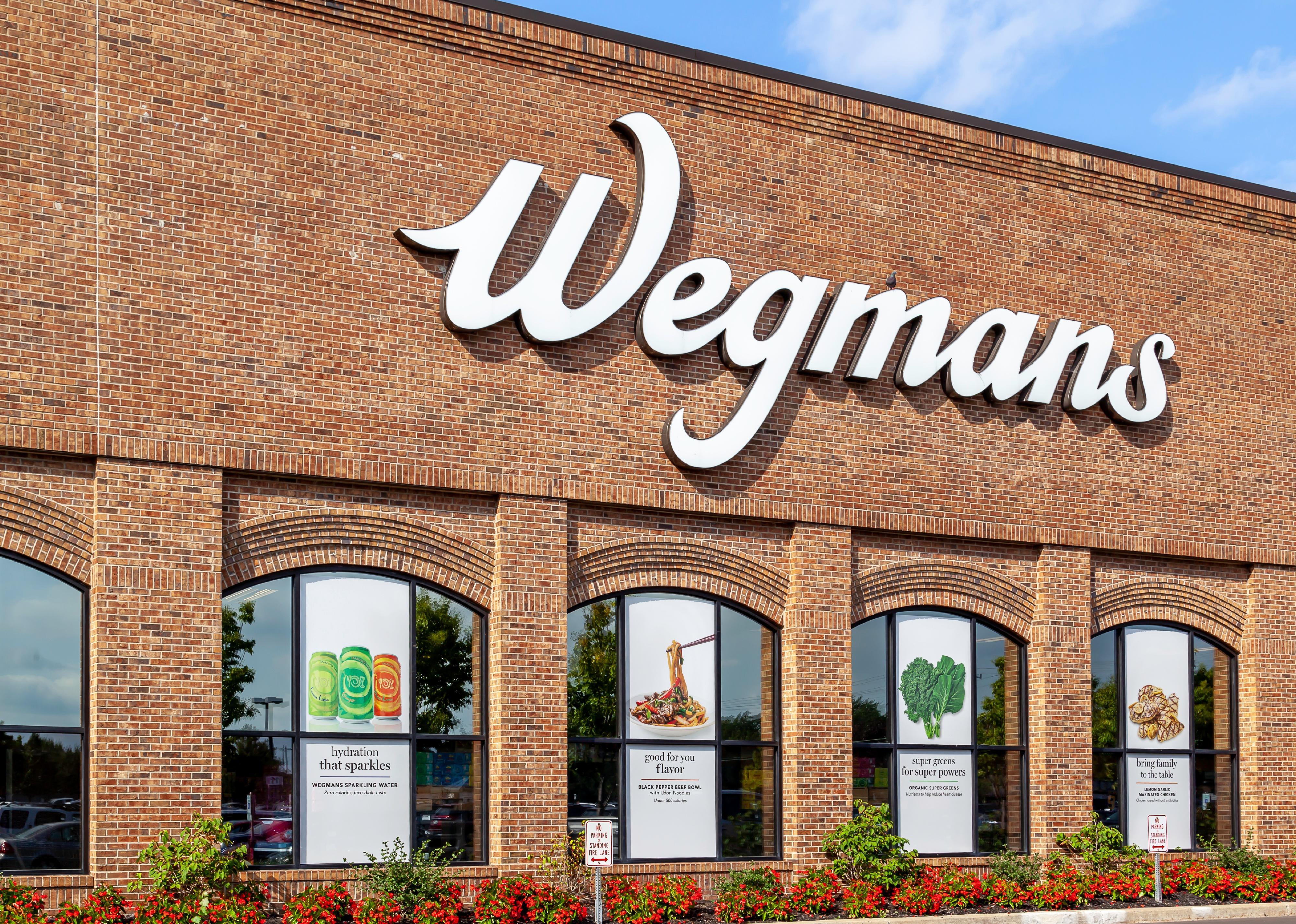
#3. Wegmans
- 2025 customer satisfaction score: 83
- Change from 2024: +1%
Privately owned, Wegmans has more than 100 supermarkets in New York, Pennsylvania, New Jersey, and other New England and mid-Atlantic states. The stores are known for being huge and laid out like outdoor markets. The Wegman family started the company in 1916 in upstate New York with the Rochester Fruit & Vegetable Company.
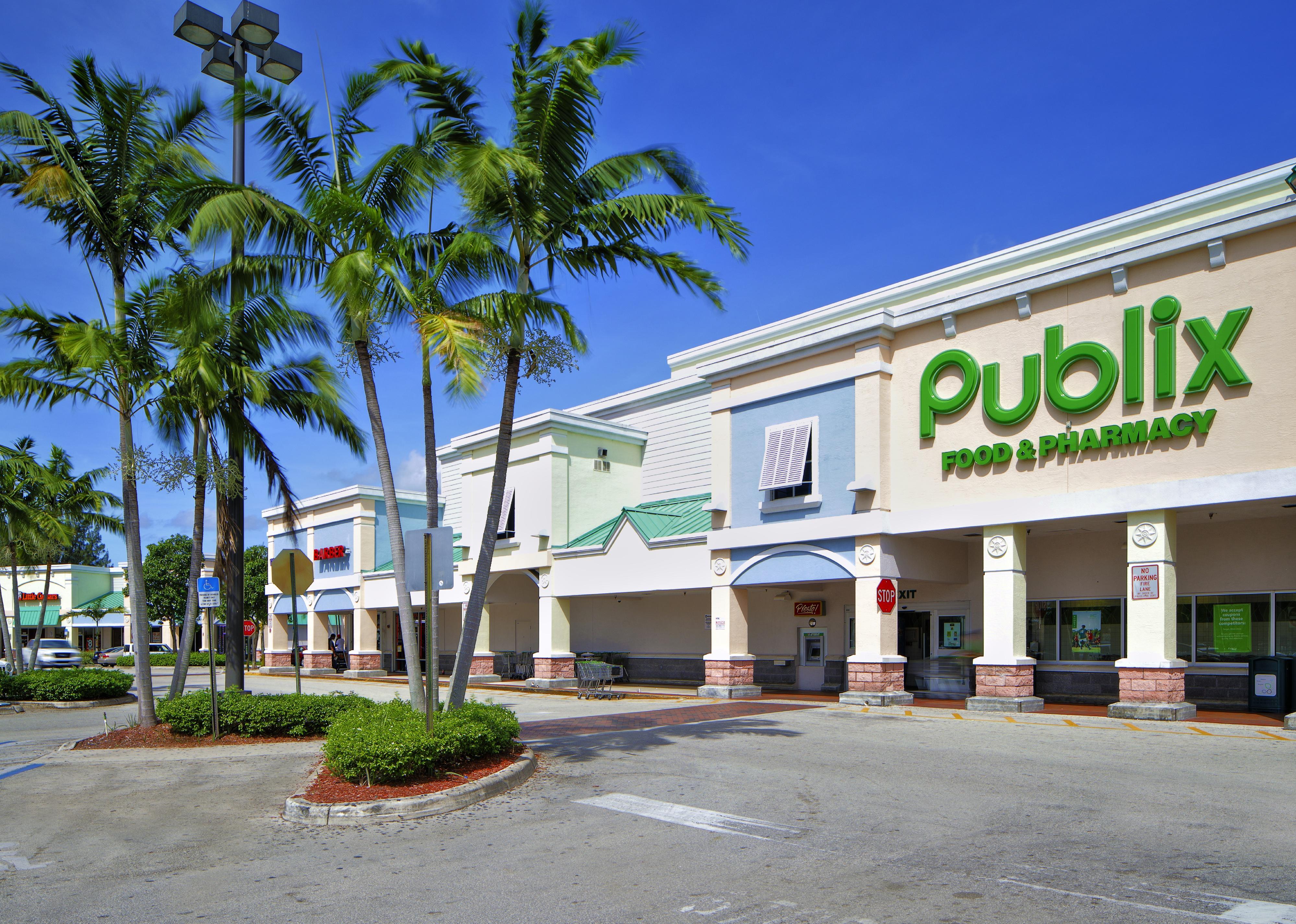
#2. Publix
- 2025 customer satisfaction score: 84
- Change from 2024: -1%
Publix has nearly 1,400 stores, mostly in Florida, Georgia, and other southeastern states. Founder George Jenkins started as a stock clerk and then a manager at Piggly Wiggly before opening his own store in Winter Haven, Florida, in 1930.
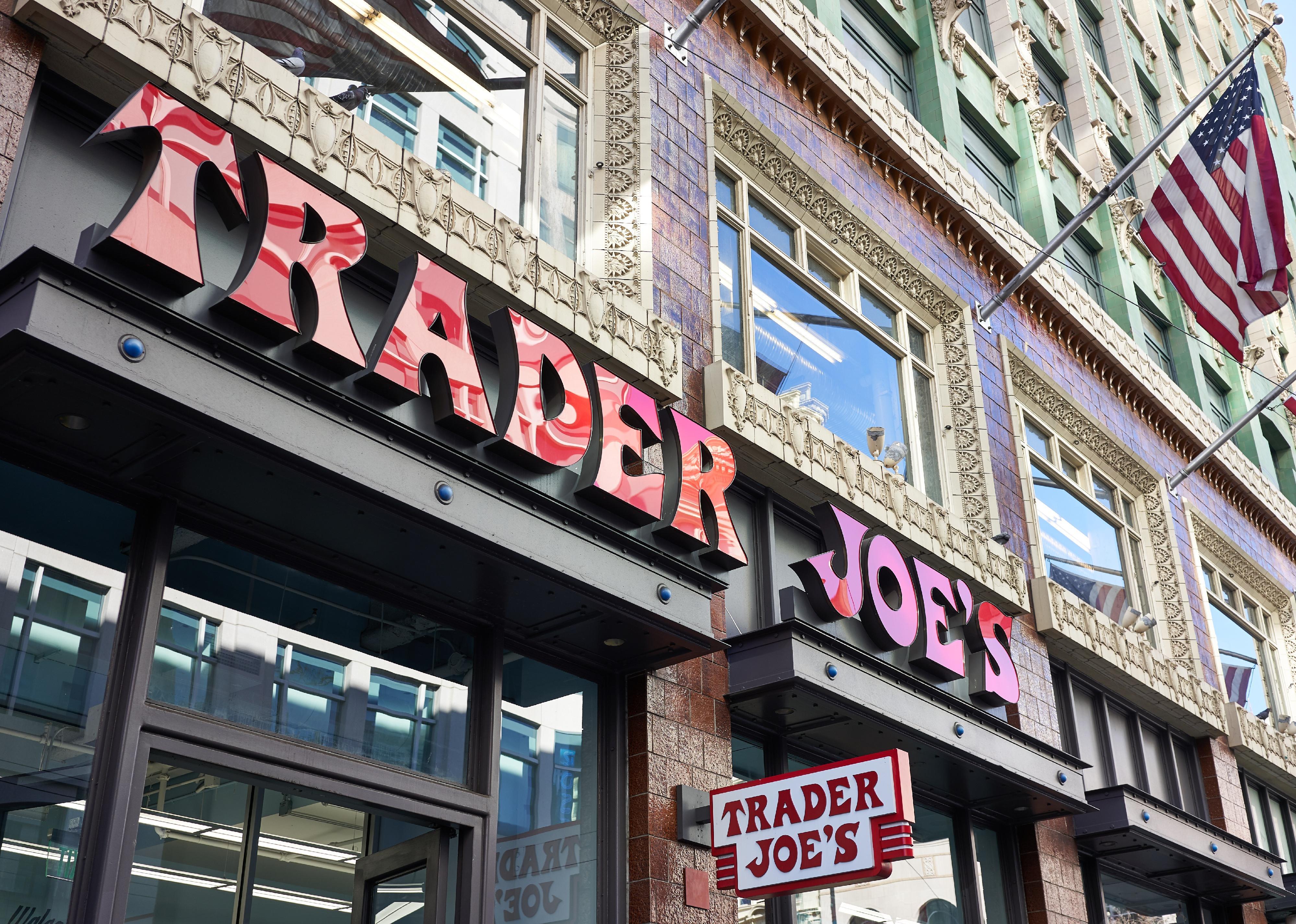
#1. Trader Joe's
- 2025 customer satisfaction score: 84
- Change from 2024: 0%
Trader Joe's is known for its low-cost, private-label products, which started when it introduced its own granola in 1972. In 2002, it added Charles Shaw wines, which quickly earned the nickname "Two Buck Chuck." The 500-plus store chain has a reputation for affordable prices and cheerful service.
Additional writing by Cu Fleshman. Data reporting by Paxtyn Merten. Story editing by Jeff Inglis. Copy editing by Andrew Mangan. Photo selection by Abigail Renaud.



